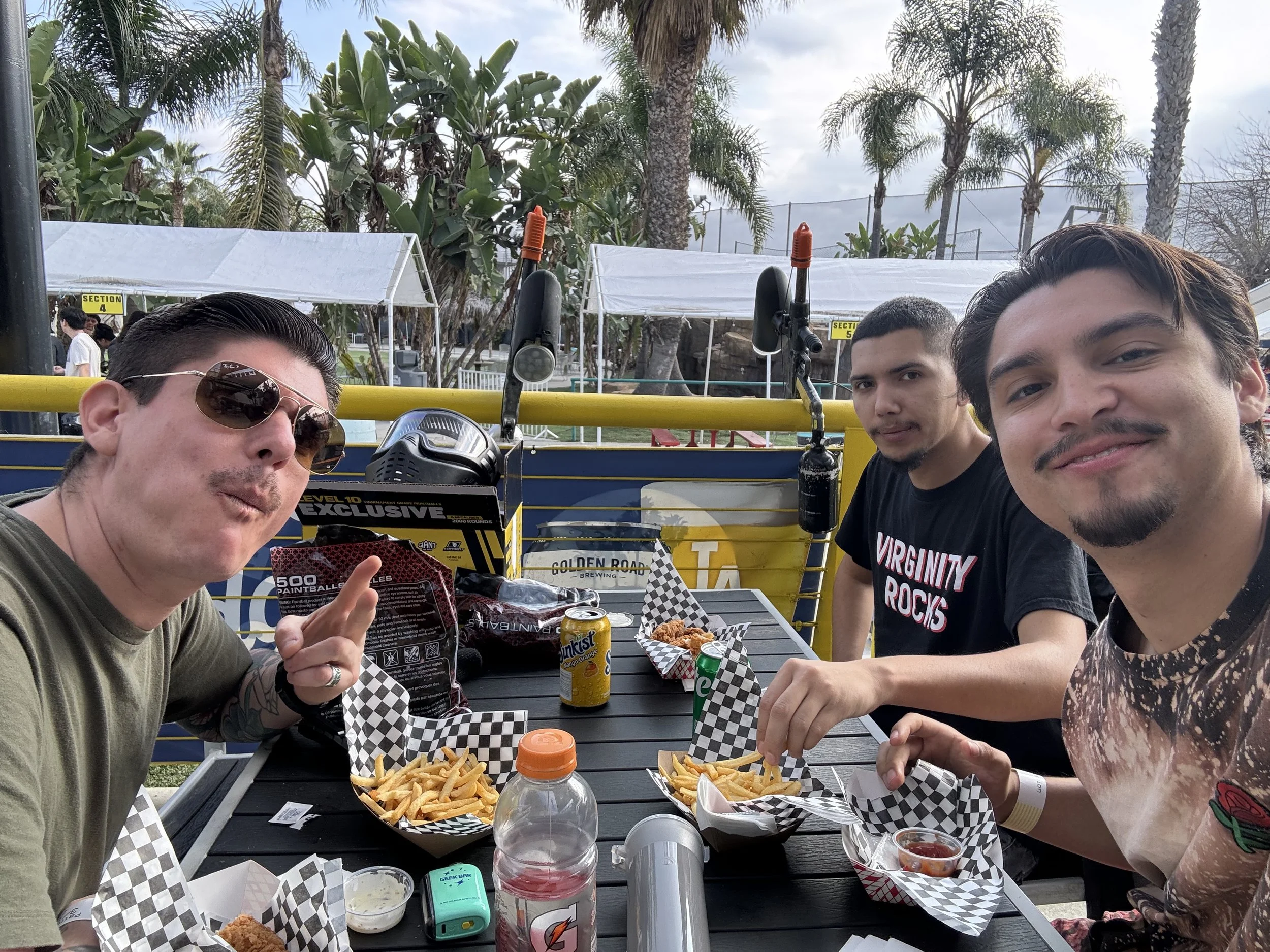
Clinical Structure and Professional Support
Building Your Foundation for Lasting Recovery
At Solstice Recovery, our clinical structure and professional support framework is designed around four essential pillars that work together to create a comprehensive recovery environment. Each element reinforces the others, providing you with the stability, guidance, and community necessary for successful long-term sobriety. Our approach combines professional oversight with peer support, individual attention with group accountability, creating a balanced environment where men can rebuild their lives with confidence and purpose.
24/7 Professional Care and Supervision
Our experienced staff provides round-the-clock support to ensure your safety and success throughout your recovery journey. This continuous supervision creates a secure environment where you can focus entirely on building the skills and habits necessary for long-term sobriety.
Comprehensive Safety and Security
The foundation of effective recovery is feeling safe and secure. Our 24/7 supervision means that whether you're experiencing late-night cravings, early morning anxiety, or weekend challenges, professional support is immediately available. This continuous presence eliminates the isolation that often leads to relapse, providing you with the confidence to face difficult moments knowing help is always within reach.
Our supervision extends beyond crisis intervention to include proactive wellness monitoring. Staff members are trained to recognize early warning signs of stress, depression, or relapse risk, allowing for immediate intervention before small challenges become major obstacles. This preventive approach helps maintain your stability while building your confidence in handling life's pressures without substances.
Professional Expertise in Action
Every member of our supervisory team brings specialized training in addiction recovery, mental health support, and crisis management. This professional foundation ensures that the guidance you receive is evidence-based and effective. Unlike peer-only environments, our professional oversight provides the clinical knowledge necessary to address complex recovery challenges while maintaining the warm, supportive atmosphere essential for healing.
The continuity of professional care means your progress is consistently monitored and documented. This ongoing assessment allows us to identify what's working in your recovery plan and make adjustments when needed. Your journey is carefully tracked, ensuring that every day builds upon the last in meaningful progress toward lasting sobriety.
Building Independence Within Structure
While our supervision is comprehensive, it's designed to gradually build your independence and self-reliance. Early in your stay, supervision may be more intensive as you establish new routines and coping mechanisms. As you demonstrate consistent sobriety and responsibility, this oversight naturally evolves to support your growing autonomy while maintaining the safety net you need for confidence and security.
This graduated approach ensures that when you eventually transition to independent living, you'll have developed the internal structures and coping skills necessary for success. Our supervision doesn't create dependency; it creates the stable foundation from which true independence can grow.
Personalized Care Planning
Every resident at our men's Los Angeles sober living facility receives an individualized care plan tailored to their specific needs, goals, and circumstances. Our team works closely with you to develop strategies that address your unique challenges and leverage your personal strengths.
Understanding Your Unique Journey
Your recovery story is unlike anyone else's, and your care plan reflects this reality. From your first day, we take time to understand not just your substance use history, but your personal values, career goals, family relationships, and individual motivations for sobriety. This comprehensive understanding becomes the foundation for a care plan that feels relevant and achievable because it's built around who you are and where you want to go.
The personalization process involves ongoing dialogue rather than a one-time assessment. As you grow and change throughout your recovery, your care plan evolves with you. What matters to you in month one may be different from what drives you in month six, and your care plan adapts to reflect your changing priorities and growing strength.
Strength-Based Recovery Approach
Rather than focusing solely on deficits and problems, our personalized planning emphasizes your existing strengths and capabilities. Whether you have strong work ethic, natural leadership abilities, creative talents, or deep family connections, we help you understand how these assets can power your recovery. This positive approach builds confidence and motivation while creating sustainable recovery strategies based on who you really are.
Your care plan includes specific strategies for leveraging these strengths in challenging situations. For instance, if you have natural athletic ability, we might incorporate fitness goals and sports activities as stress management tools. If you have strong communication skills, you might be encouraged to take leadership roles in group settings. This individualized approach ensures your recovery plan feels authentic and achievable.
Goal-Oriented Progress Tracking
Every personalized care plan includes both short-term and long-term goals that reflect your individual priorities and timeline. These might include career objectives, relationship goals, financial targets, or personal development milestones. Regular review sessions help track your progress toward these goals, celebrating achievements and adjusting strategies when needed.
The goal-setting process teaches valuable life skills that extend far beyond recovery. Learning to set realistic objectives, break them into manageable steps, and maintain motivation through challenges are abilities that will serve you throughout your life. Your personalized care plan becomes a laboratory for developing these essential capabilities.
Accountability Through Testing and Structure
We maintain a drug-free environment through random weekly drug testing and structured daily routines. This accountability system helps residents stay committed to their recovery while building healthy habits that will serve them long after leaving our program.
Maintaining Environmental Integrity
Random weekly drug testing ensures that our facility remains a truly drug-free environment where every resident can focus on recovery without concern about substance availability or peer pressure to use. This testing isn't punitive; it's protective, creating a safe space where sobriety is the clear expectation and norm. Knowing that testing occurs regularly helps residents avoid impulsive decisions while reinforcing their commitment to sobriety.
The random nature of testing reflects real-world accountability that you'll face in employment, relationships, and other areas of life. Learning to maintain sobriety when you never know when you'll be tested builds genuine internal commitment rather than temporary compliance. This prepares you for life beyond our facility, where accountability comes from within rather than external monitoring.
Structured Daily Routines for Success
Recovery thrives on structure, and our daily routine requirements help you rebuild the healthy rhythms often lost during active addiction. Wake-up times, meal schedules, chore responsibilities, meeting attendance, and curfews create a framework that supports sobriety while rebuilding life management skills. This structure isn't restrictive; it's liberating, freeing you from the chaos of addiction to focus on growth and healing.
The specific elements of our daily structure are designed around recovery best practices. Morning routines help establish positive momentum for each day. Scheduled meals ensure proper nutrition that supports physical and emotional stability. Required meeting attendance connects you with the broader recovery community. Evening curfews protect against high-risk situations while ensuring adequate rest for physical and mental health.
Building Internal Accountability
While external accountability through testing and structure is important early in recovery, our ultimate goal is helping you develop internal accountability that will sustain your sobriety long-term. Through consistent practice with our accountability systems, you learn to be honest with yourself and others, take responsibility for your choices, and maintain commitments even when no one is watching.
This process includes learning to set and maintain personal boundaries, communicate honestly about challenges and struggles, and ask for help when needed. These accountability skills become automatic through daily practice in our structured environment, preparing you for the self-direction required in independent living.
Group Facilitation and Peer Support
Weekly group facilitation sessions offer opportunities to share experiences, learn from one another, and foster meaningful connections with fellow residents. These sessions are fundamental to creating the peer community support that makes sober living men's programs so effective.
Professional Group Facilitation
Our weekly group sessions are led by experienced facilitators who understand both group dynamics and the principles of addiction recovery. This professional guidance ensures that groups remain productive, supportive, and focused on growth in recovery, rather than becoming complaint sessions or social gatherings. Skilled facilitation helps every participant contribute meaningfully while maintaining appropriate boundaries and respect.
The facilitated structure provides a safe space for vulnerability and honest sharing. Residents learn to communicate about difficult topics, listen empathetically to others, and offer appropriate support and feedback. These communication skills prove invaluable in rebuilding family relationships, fostering friendships, and succeeding in the workplace.
Shared Experience and Mutual Learning
Group sessions provide opportunities to learn from others who have experienced the challenges of addiction and recovery firsthand. Hearing how others have handled similar situations, overcome specific obstacles, or maintained sobriety through difficult times provides practical strategies and inspiration. This peer learning is often more impactful than professional advice because it comes from those who have walked the same path.
The diversity of experiences within our resident community means you'll be exposed to different perspectives, approaches, and solutions. Some residents may have different substance use histories, varied treatment experiences, or diverse backgrounds. This variety enriches the learning environment and helps you develop a broader toolkit of recovery strategies.
Building Lasting Recovery Relationships
The connections formed in group sessions often become lasting friendships that provide ongoing support throughout recovery. These relationships are built on shared commitment to sobriety, mutual understanding of recovery challenges, and genuine care for each other's success. Having friends who understand your recovery journey and support your continued growth is invaluable for long-term success.
Group sessions teach the skills necessary for building and maintaining healthy relationships in recovery. Learning to be vulnerable appropriately, offering support without enabling, setting boundaries with care, and communicating honestly are relationship skills that enhance every area of life. Practicing in our supportive group environment builds confidence in applying these skills to all your relationships.
Developing Leadership and Service Skills
As residents progress in their recovery and grow in confidence, group sessions offer opportunities for them to take on leadership roles and support newer residents. This service aspect of recovery is fundamental to maintaining long-term sobriety. Learning to help others, share your experience, and contribute to the recovery community builds self-esteem while reinforcing your own commitment to sobriety.
Leadership opportunities within group settings might include mentoring newer residents, facilitating specific discussions, or organizing group activities. These experiences build confidence, develop communication skills, and create a sense of purpose that supports lasting recovery. The service mindset developed in group settings often extends to involvement in 12-step programs and other community activities related to recovery.
Integrated Approach to Recovery Success
At Solstice Recovery, we recognize that early recovery can be a vulnerable period marked by challenges and uncertainties. Our 24/7 professional supervision provides the security and support you need to focus on what matters most – building the foundation for lasting recovery.
Our sober living facility in Culver City combines the comfort of home with the security of professional oversight, creating an environment where recovery can flourish. With experienced staff always available, you're never alone in your journey toward lasting sobriety.
Ready to experience the security and support of professional 24/7 care?
Contact Solstice Recovery today to learn more about our comprehensive supervision and support services:
Phone: (818) 462-1910
Email: eric@solstice-recovery.com
Your recovery deserves professional support. Let us provide the foundation you need for lasting success.





